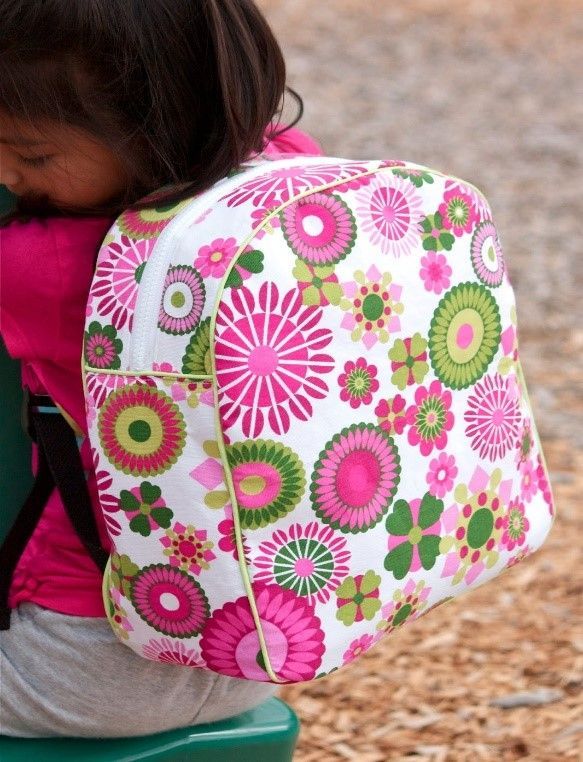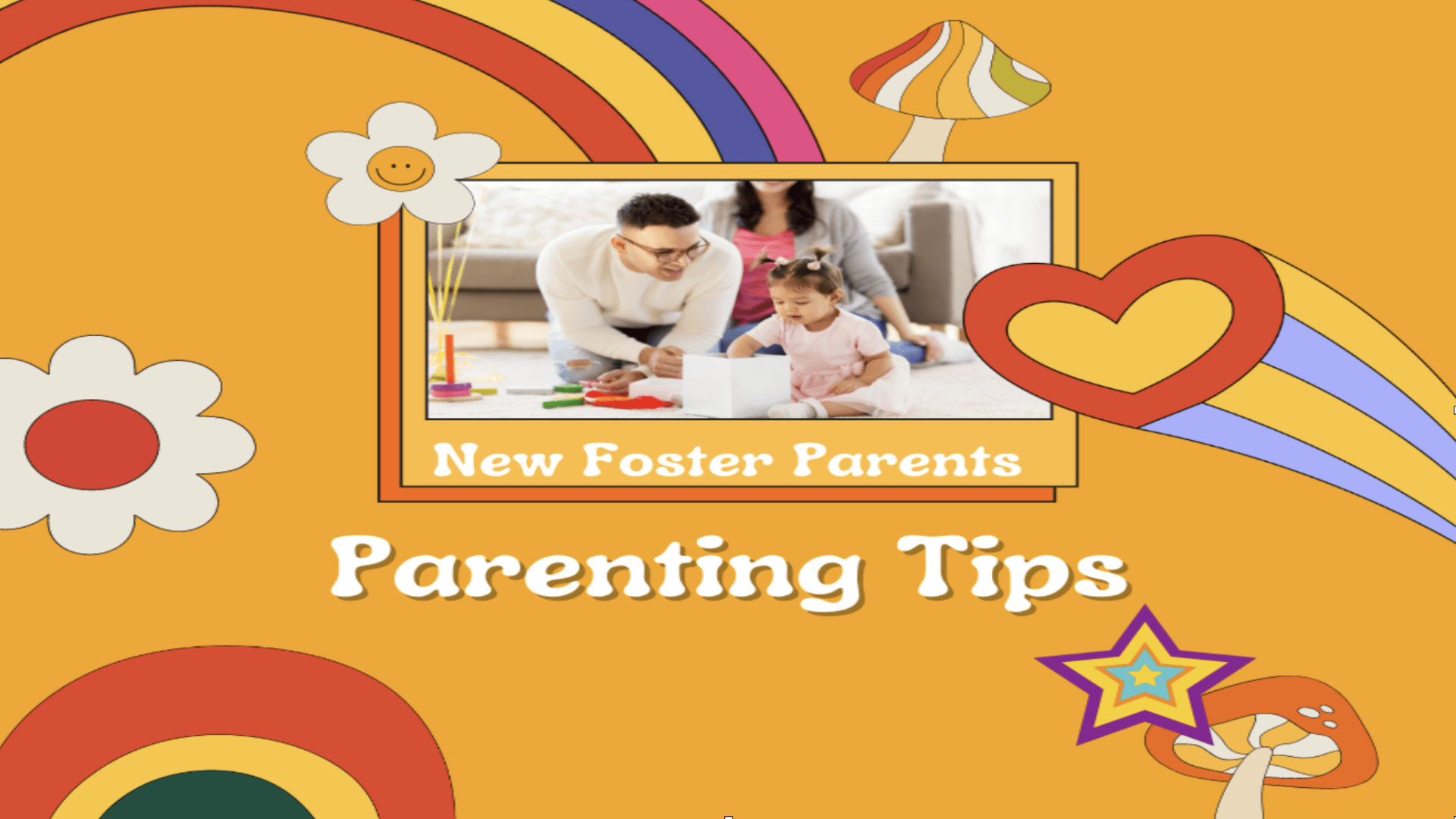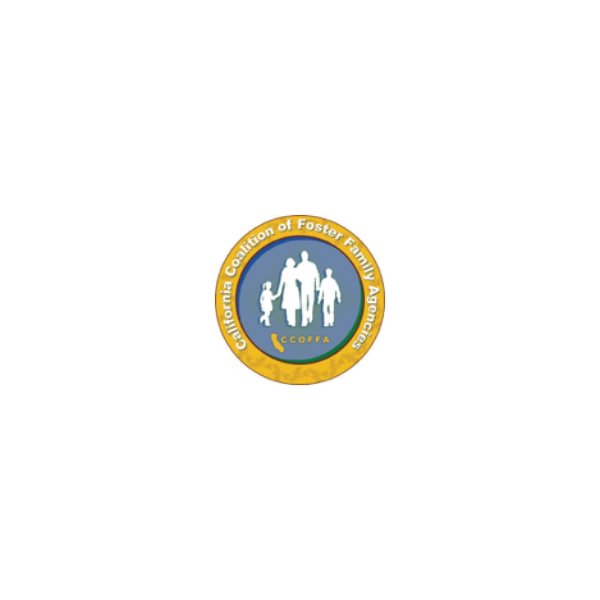I’m a Foster Parent, Now What?
How to Prepare for your First Placement

Well you did it! You completed the application, you took the trainings, did the interviews. You are an approved and certified foster parent, now what? It can be highly assumed that you have many questions about what to expect and how you prepare.
What do I need to have?
What should I be prepared for?
What will they be like?
Will they like our home, our food, us?
Because every situation and child are different, it is difficult to fully answer each of the questions above and the others you may have. However, despite the unknown, there are ways to prepare.
1. Be Flexible:
Upon receiving a child into your care, there will a lot of sudden changes to schedule, dynamic of the home and family. Be flexible. Be flexible with the house as a whole, with your spouse, with your children, with your foster children, and with yourself. This is a learning experience for everyone and it will take time and patience to adjust to the new changes. Upon receiving a child for placement, keep your schedule open and flexible for new and sudden appointments the child may have or just to be home with them as needed. Being removed from your family and placed in a home with strangers is a lot for a child to understand and process, so it’s okay if they don’t want to go to school the next day or two, and it’s okay if they want to stay in their room or in bed. Give them some space to adjust and take that time for yourself to prepare on how you can help them be a part of your home and your family. Don’t expect for the morning routine to go without any hiccups, when you have just received a child into placement the day before. Time is definitely needed.
2. Be Open Minded With Expectations:
Be open minded when it comes to expectations. Expectations are a good to have, but maybe not so much right in the beginning. Keep an open mind that the child you now have in your home may have very well likely come from a home where structure was scarce if not non-existent. So having an expectation that they will know “what” to-do or “what” not-to-do or what is right or wrong, or okay or not okay, may leave you feeling very frustrated if you are not being open minded or at least understanding. As mentioned above, the child may have a difficult time adjust to foster care and your home, so those plans you had for the weekend, may have to be adjusted. Maybe a day at the park or the zoo sounds like something every child would love; however, for a child who is grieving, it may be a little too overwhelming for them. So plan a weekend to stay in, watch some movies, order pizza, make some sundaes, and allow them to decide what they are able to participate in that weekend. Overall, with being flexible and being open minded, one must be patient. Things can take longer than you expected, but patience and dedication, build trust.
3. Remember Your Village:
If you have been following along with my other blogs, in my January blog, "Is Being a Foster Parent a Good Fit for me?", you should remember my entry about “your village”. This is the point that you activate your phone tree and start calling in your village. Maybe it is for clothes, diapers, toys, books. Maybe you need help with transportation, childcare, dinners. Maybe you know someone who is the same ethnicity as your child, who can help you with cooking food they like, helping with their hair care, or hygiene, or language. Check with your agency to see if they have a foster parent support group, a social media support group page, seek groups relating to foster parenting or fostering within your community. Reaching out to groups, friends or family before getting a child, could be helpful as well. People may be eager to help in any way possible, like donating hygiene products, clothes, and toys, gift cards for gas or groceries or restaurants, which can all come in very handy in the beginning. Asking and accepting help is part of the fostering journey and builds a sense of community for the child. Remember…it takes a village.
4. Remember Your Training:
If it is one thing you did a lot of, it was training, and for great reason…so you would feel prepared. So reflect back to it, re-explore what you learned. After having your child for three months, retake some of those same trainings, as you will have some internal knowledge and experience and will have a different outlook on its teachings. Take additional trainings that are related to some experiences or behaviors your child has been exposed to or is displaying to better meet them where they are at and help them work through their trauma in a healthy and effective manner.
5. Just Breathe
It’s impossible to be fully prepared for what you will experience with your child or the process in general, but hopefully these tips will minimize the stressors and chaos. If not for all of you, then at least for the child. In the end, just breathe, you will be great. It’s okay if it’s all not perfect, as long as it’s safe, as long as it’s stable, as long as it’s happy. Just Breathe.




















